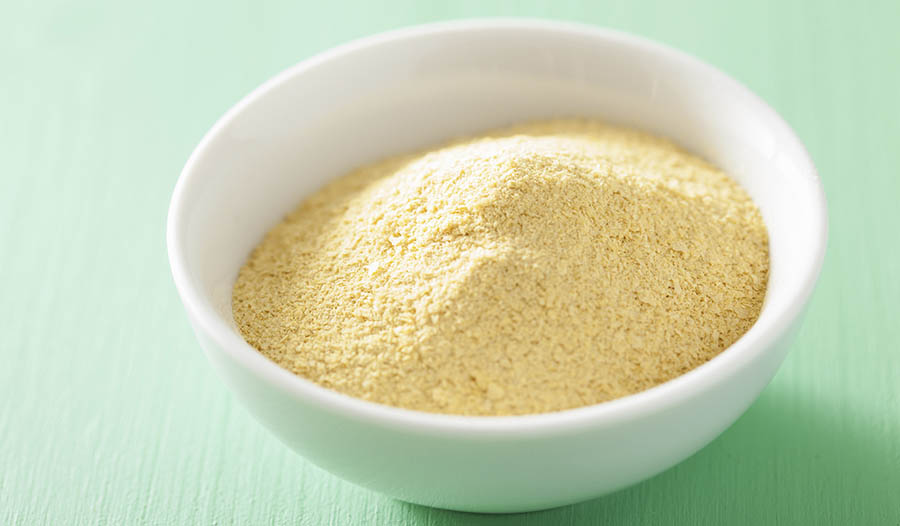The Difference Between Brewer’s Yeast and Nutritional Yeast
DISCLAIMER:This blog does not intend to provide diagnosis...

Learn the difference between brewer’s and nutritional yeast.
Deactivated yeast is a single-celled fungus that's full of nutritional value. Brewer's yeast and nutritional yeast are both a form of Saccharomyces cerevisiae, and they are commonly sold in health food stores, but they're very different in terms of flavor and nutrients.
Brewer's yeast is a by-product of the brewing beer. It's cultivated on malted barley, which adds some of the distinctive bitterness to brewer's yeast. Brewer's yeast can also be cultivated specifically for use as a supplement. This yeast is high in B-complex vitamins, protein, chromium, and selenium. A key nutritional difference between brewer's and nutritional yeast is brewer's yeast contains the trace mineral chromium but not vitamin B-12.
Brewer's yeast can be sprinkled on pet food as a natural flea repellant. Debittered brewer's yeast can be enjoyed in many ways, including sprinkled on popcorn or mixed into yogurt. It can also be added to fruit and vegetable smoothies to disguise the taste.
Nutritional yeast, on the other hand, is not a by-product, and it's usually grown on cane sugar or sugar beet molasses. Nutritional yeast has a mild, nutty flavor compared to brewer's yeast. This type of yeast is an excellent source of niacin, folic acid, zinc, thiamine, and selenium. It can also be fortified with vitamin B-12, an important nutrient for vegans who are more susceptible to B-12 deficiency.
The unique nutty flavor of nutritional yeast makes it a popular vegan substitute for grated cheeses like Parmesan. It is also commonly sprinkled on pasta and popcorn. Nutritional yeast is also great in homemade peanut butter sandwich spread, which is made by mixing three parts peanut butter with two parts honey and enough yeast to create a thick spread.




